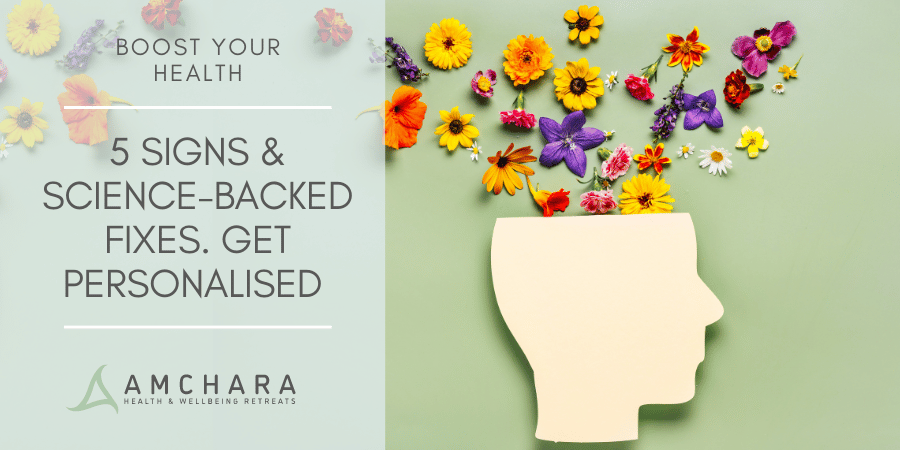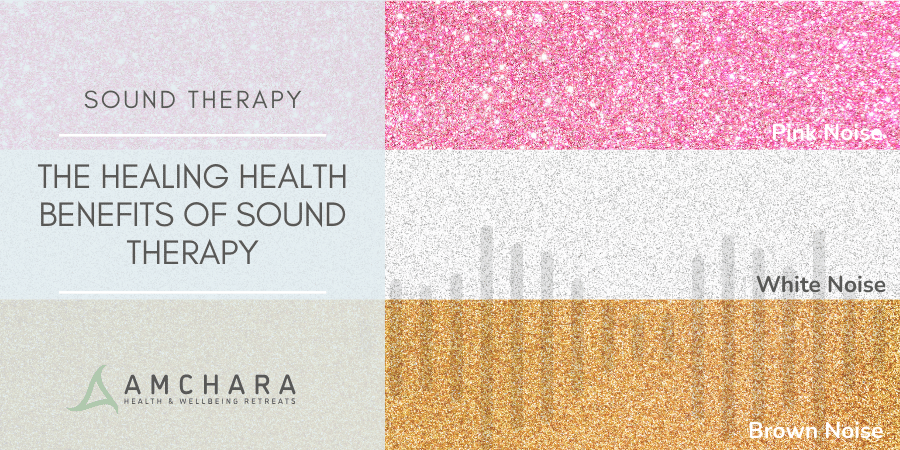Vitamin D is one of many nutrients our bodies utilise to keep us strong and healthy.
It is most commonly known for its ability to help the body absorb calcium, which contributes to the formation of strong bones and overall skeletal health.
Low levels of vitamin D may lead to brittle bones, more frequent fractures and bone pain as well as muscle pain and weakness.
More recently it has been discovered that vitamin D may play a role in the sleep-wake cycle.
We always take an evidence-based approach and in this article we examine the role of vitamin D, how to gain sufficient vitamin D and the effects it may have on your sleep.
Fundamentals of Vitamin D
Vitamin D is a fat soluble vitamin, although, technically it isn’t really a vitamin, i.e. it is not an essential dietary factor.
It’s probably more accurately described as a pre-hormone, a substance that the body converts to a hormone.
The molecular structure of vitamin D is very similar to classic steroid hormones such as cortisol and oestradiol. (1)
Unlike other vitamins, only about 10% of the body’s requirements for vitamin D are sourced from food. (2)
This is because vitamin D is produced photochemically in the skin via exposure to ultraviolet B radiation (UVB) from the sun.
Vitamin D helps to regulate calcium levels and contributes to the maintenance of the immune system.
It has several names and is also known as calcitriol, calcidiol, ergocalciferol and colecalciferol. (13)
Calcidiol is the form of vitamin D your doctor measures when trying to determine your vitamin D status.
There are two main types of vitamin D – vitamin D2 and vitamin D3.
Vitamin D2 is produced in plants and vitamin D3 is produced in animals.
Vitamin D3 is considered to be substantially more effective than vitamin D2. (3)
Vitamin D is activated by binding to proteins on cells called vitamin D receptors, which are present in nearly all cells in the body and can affect multiple bodily processes.
Providing you have access to adequate sunlight daily it should be enough to obtain the necessary vitamin D levels needed to maintain good health.
There is no need for lengthy periods of sunbathing, just a few minutes will do.
Sufficient levels of vitamin D should be provided by exposing your legs and arms around noon, when the sun is at its highest point and the UVB rays are strongest. (14)
However, those living in the northern hemisphere, such as the UK, are more at risk of reduced sunlight hours and should therefore aim to get some vitamin D from the diet or by supplementing, particularly during the winter months between October and March.
Vitamin D is not naturally present in many foods, so it can be difficult to obtain enough from dietary intake alone.
When aiming to top up your vitamin D levels make sure you include some of the following foods:
- Oily fish
- Cod liver oil
- Egg yolks
- Some types of mushrooms, such as raw maitake mushrooms and dried shiitake mushrooms
- Fortified foods such as bread, cereals, margarine, oil spreads, orange juice, soy milk and cheese
Vitamin D Deficiency and Sleep
Although vitamin D has traditionally been shown to be involved in calcium regulation and bone health, there are other ways vitamin D is believed to benefit health and this is an area of active research.
Recently scientists have identified a link between vitamin D and sleep.
It seems that low levels of vitamin D are associated with poor quality sleep and shorter periods of sleep, although it is not entirely clear what the mechanism of action is.
Research by Valtuena et al. (2013) involving a group of female teenagers, found that reduced levels of vitamin D concentrations were associated with shorter sleep duration. (9)
It has also been seen that restless leg syndrome, which has a significant impact on sleep disturbances, is more frequent in sufferers with low vitamin D levels compared to control groups. (10)
More recently, results from a 2018 meta-analysis of studies investigating the association between vitamin D and the risk of sleep disorders, concluded that vitamin D deficiency is associated with a higher risk of sleep disorders in the general population. (8)
How Vitamin D Might Affect Sleep
There is some debate over how vitamin D affects sleep quality.
Some of the suggested mechanisms include:
- Vitamin D potentially reduces inflammatory chemicals that can interfere with sleep or act directly on regions of the brain involved in sleep regulation. (5)
- Scientists have located vitamin D receptors in brain regions associated with sleep regulation – it is thought that vitamin D could be involved in regulating the sleep-wake cycle. (4)
- Vitamin D has an influence on the immune system. By reducing inflammation, it lowers the production of an inflammatory signalling molecule called prostaglandin D2, known to play a role in sleep regulation. (6)
- Indirectly vitamin D may improve sleep by stimulating anti-inflammatory processes and so helping to relieve the painful sensation of many diseases.
- Low levels of vitamin D can increase the risk of other medical problems such as sleep apnoea, known to disrupt sleep. Sufferers of sleep apnoea have been shown to be deficient in vitamin D. (7)
Can Food Supplements Raise Vitamin D Levels?
Given that there are very few foods that contain vitamin D, obtaining enough vitamin D from your nutritional intake alone may be difficult.
While sun exposure does produce vitamin D, too much unprotected time in the sun can be dangerous, potentially increasing the risk of skin cancer .
Vitamin D supplements may be necessary if you live in a country where there is less sunshine during the winter months.
You may also benefit from regular vitamin D supplementation if you have dark skin, are unable to get outside regularly, have poor nutrition, live in an area with air pollution, or choose to keep your body fully covered when outside.
The British Department of Health recommend that most people over the age of five during the months of October to March should supplement with vitamin D, because of the difficulty in gaining adequate levels from food alone. (11)
Research shows that supplementing with vitamin D can be beneficial to sleep by altering the time it takes to fall asleep, reducing sleep disturbances and improving sleep quality. (12)
Do you have difficulty sleeping, or is your sleep disturbed?
We’d like to hear what natural therapies you’ve tried to improve your sleep patterns and what has worked for you.
We value your feedback so please leave a comment below.
READ THIS NEXT:




